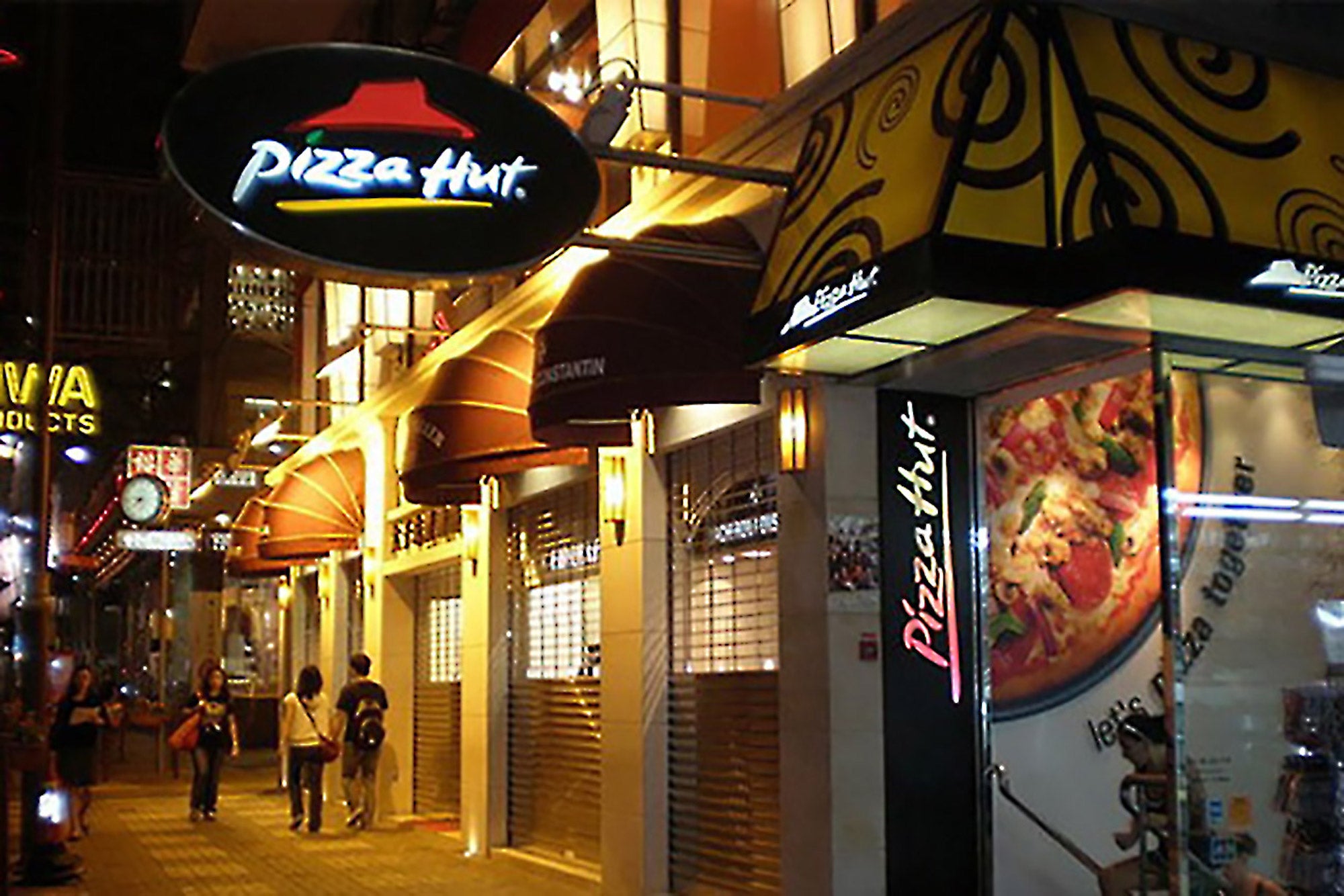Is This the Year Fast-Food Pizza Disappears? Domino's and Pizza Hut are attempting to compete with fast-casual rookies by upping quality and revamping design.
By Kate Taylor
Opinions expressed by Entrepreneur contributors are their own.

2014 may be the end of pizza chains as we know them, as veteran fast-food chains like Domino's and Pizza Hut attempt to compete with fast-casual rookies by upping their quality and atmosphere.
Domino's will remodel all of its restaurants to fit the "Pizza Theatre" prototype by 2017, the company announced on Wednesday. The new design would feature more open space and lower counters, with pizza-making at the front of the store - changes reminiscent of fast-casual restaurants such as Chipotle-backed Pizzeria Locale that advertise their fast, high-quality options.
"Consumers have told us they'd like our stores to be more inviting," says Tim McIntyre, Domino's vice president of communications. "They'd like to see their pizzas being made. They'd like the opportunity to sit and enjoy their pizzas fresh from the oven."
The changes promise to be expensive, with franchisees shouldering the cost of the redesigns. Updates will reportedly range between $40,000 and $55,000 per store.
Related: Chipotle, Subway Want a Slice of the Fast-Casual Pizza Business
Domino's is not the only company scrambling to get on the fast-casual pizza bandwagon. Pizza Hut announced Thursday that it would be releasing a new version of its hand-tossed pizza that emphasizes the new pie's lighter, airier crust.
"It took a lot of hard work to get us to a position where we feel we have the best Hand-Tossed product available today," Pizza Hut chief marketing officer Carrie Walsh said in a statement. "The recipe for this pizza is a game changer for the industry and the preparation by our team members to make each Hand-Tossed pizza one-of-a-kind leads the way in the pizza category."
Earlier this week, Pizza Hut announced that new stores would be serving pizza by the slice and feature deck ovens and a wide open dining environment. These adjustments, like Domino's store redesign, hit on aspects of fast-casual pizzerias - wide open eating areas, emphasis on the pizza making process - while keeping customer favorites and keep delivery and service time low.
"Most of our stores in the U.S. feature a design that was introduced in 1997 - we need to bring them up to date," says Domino's McIntyre. However, with Domino's and Pizza Hut attempting out out-class each other this week, it's clear that the pressure is also on the veteran chains to contend with their more upscale, fast-casual competition.
Related: Goodbye Bacon, Hello Health Food: 6 Restaurant Trends for 2014
Newcomers have so far defined the fast-casual market. Chipotle, which has become the go-to reference for fast-casual burritos, recently financed Pizza Locale in Denver. PizzaREv, a fast-casual build-your-own-pizza concept backed by Buffalo Wild Wings, announced its first major wave of expansion in five states this week. In the coming year, the co-founders of California Pizza Kitchen plan to debut a fast-casual concept, as does the Italian brand Fazoli's.
The dressing up of fast-food chains has a long history prior to the recent pizza trend. Classic fast-food burger giants like McDonald's and Burger King now compete with chains such as Bareburger and b.good. Instead of uniform, cheap costs, these chains emphasize terms such as "artisan," "organic" and "family farms." In the face of such competition, many chains have increasingly emphasized issues of health and sustainability in marketing. Even 7-Eleven has redesigned certain stores, added healthy snacks and started selling fine wine.
However, in the world of pizza, restaurants' efforts may all be for nothing. Large national pizza chains don't get credit from consumers for food quality and fresh ingredients, according to a late December Technomic report. If upgrading the appearance of stores doesn't change customers' perceptions, franchisees could end up spending thousands for a new look that customers just don't buy.
Related: Pizza Hut Wants a Bite of the By-the-Slice Business









